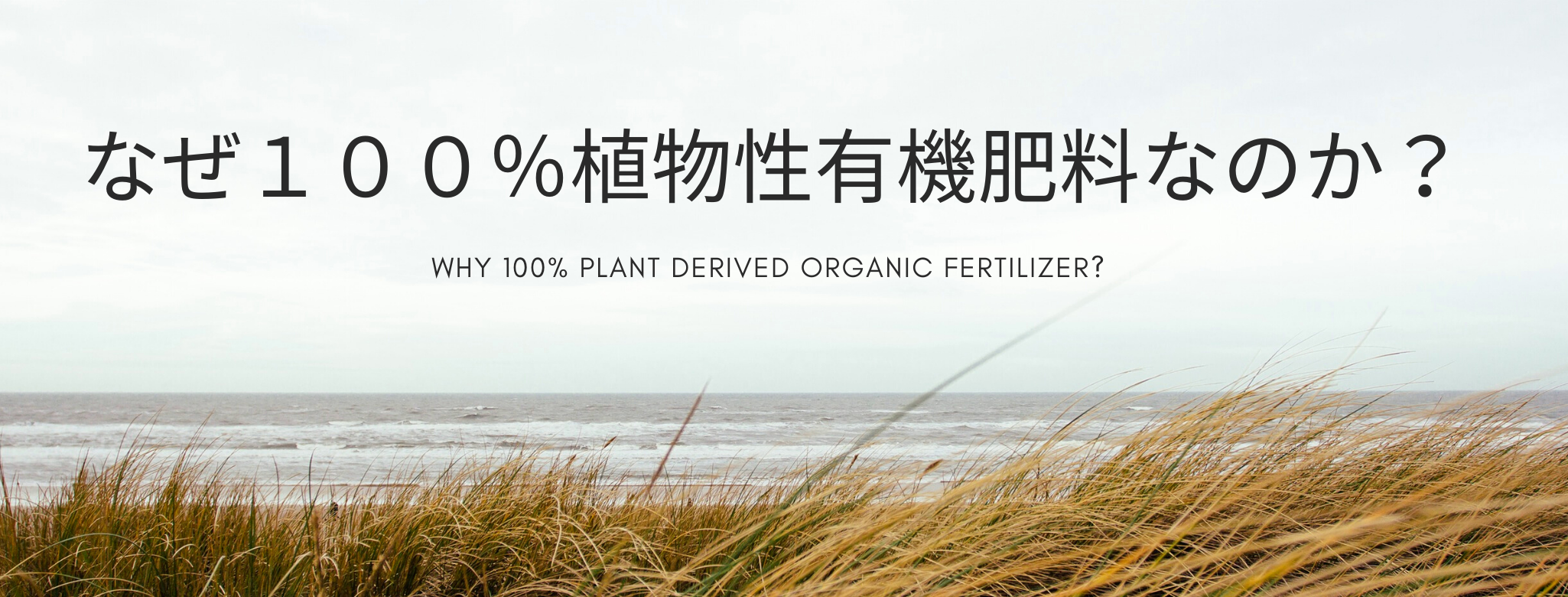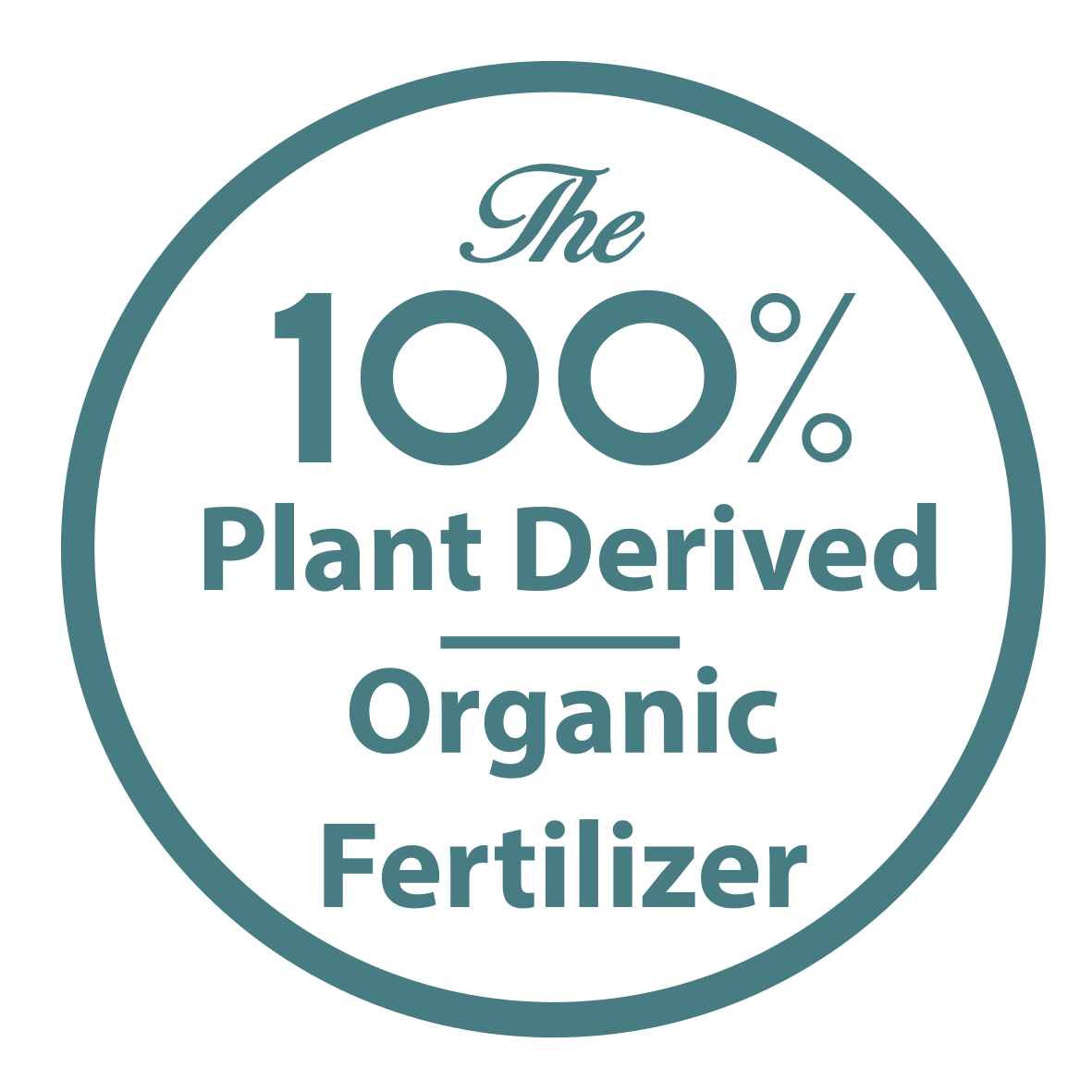
Safety of being derived from raw materials born from soil
Plants are born from the soil and live in coexistence with the soil. Therefore, the affinity between plant-derived organic fertilizers and soil is strong and does not have an adverse effect, so the safety is stronger than chemical substances and animal-derived components. In addition, since the microorganisms that live in the soil also take in the nutrients in the soil and live, they can be supplied in a form close to the nutrients that are easy to take in.
Safety concerns of animal organic fertilizers
Animal organic fertilizers are often made from livestock excrement, carcasses, etc., and the food that livestock eat is a concern. If you are eating crops that use pesticides or fertilizers that administer growth hormones to grow livestock quickly and large, there is a concern that undecomposed pesticides and chemicals may remain in the manure and be contaminated. .. It cannot be decomposed in the body of livestock and is likely to be excreted, and even if it is considered as an organic fertilizer, it may be contaminated with chemical substances.
Depletion of resources
Fertilizers made from chemical substances utilize finite resources such as petroleum and ore during manufacturing, and will eventually face a crisis of depletion. On the other hand, organic fertilizer basically uses by-products such as residues and wastes when manufacturing a certain product, so resources can be obtained semi-permanently, which has no adverse effect on the environment when resources are obtained.
Soil degradation due to ecosystem destruction in soil
Today's agriculture provides nutrients that are easily absorbed by crops, eliminating the need for widespread roots to be absorbed from the soil. Originally, innumerable microorganisms are attached to the roots and help absorb nutrients in the soil, but if that is not possible, the number of microorganisms will not increase. Microorganisms have a role in protecting crops from pathogens, but the reduction in the number of microorganisms causes the ecosystem in the soil to become unbalanced and the pathogens to spread in place of beneficial microorganisms. Therefore, it is necessary to ensure that organic fertilizers absorb nutrients in their original form.
Deterioration of agricultural quality
By supplying nutrients that are easy to take in, the crop looks good, but it means that the cells are enlarged, and foreign substances from the outside enter there. The effect is manifested in the form of low sugar content and bitterness due to nitrates. In addition, excessive potassium prevents crops from absorbing magnesium and calcium, resulting in less nutritious crops. Therefore, it is necessary to create crops with high nutritional value and few foreign substances by taking in a non-excessive amount of nutrients close to the natural form with organic fertilizers.
Environmental pollution / Global Warming
Nitrogen (in the form of ammonia and nitric acid) and phosphoric acid, which flow out of the soil and are easily taken up by crops, pollute rivers and lakes and flow out into the sea, causing eutrophication. Damages such as outbreaks of jellyfish and death of coral are well known in Japan. In addition, nitrous oxide gas derived from nitrogen fertilizer that was not absorbed by crops and remained in the soil has come to be said to be the cause of warming. Therefore, by supplying nutrients that do not affect the environment with organic fertilizers, substances that cause environmental pollution are less likely to remain in the soil.
